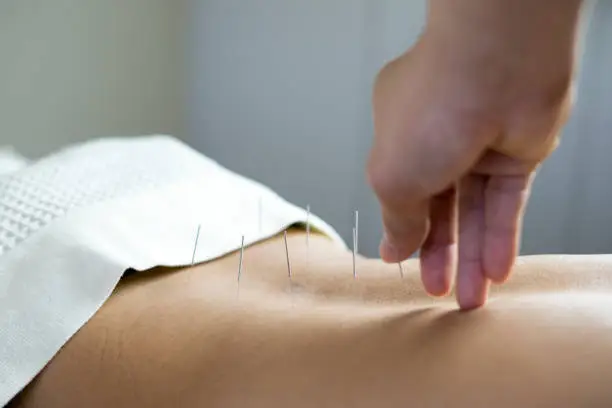Table of Contents
Recurrent Implantation Failure: Unravelling Causes, Treatment, and Foods to Shun
1. Introduction to Recurrent Implantation Failure (RIF)

Recurrent Implantation Failure (RIF), although emotionally exhausting for many hopeful parents, is a prevalent challenge in the reproductive journey. Defined as the absence of implantation after several attempts with high-quality embryos, it often leaves couples grappling for answers. Understanding the nuances, causes, and potential treatments can shed light on this mysterious predicament.
2. Causes of Recurrent Implantation Failure
Various factors might prevent an embryo from implanting itself into the uterine wall. Let’s delve deeper:
a. Genetic Factors

At times, embryos carry chromosomal abnormalities that deter implantation. This is nature’s way of ensuring only the healthiest embryos find their way to full-term gestation.
b. Hormonal Imbalances

Hormonal factors play an indispensable role in successful implantation. Imbalances in progesterone or thyroid hormones, for instance, can interfere with the process.
c. Uterine Abnormalities

A healthily shaped uterus is crucial for implantation. However, fibroids, polyps, or scar tissues might hinder it.
d. Immunological Factors
The body’s immune response might occasionally perceive an embryo as a foreign entity, preventing its implantation.
3. Available Treatments
Understanding Recurrent Implantation Failure is the first step. The next is exploring potential treatments:
a. Medicinal Interventions
Various drugs, like corticosteroids, can modulate the immune response, facilitating embryo implantation. Similarly, hormonal therapy can rectify imbalances.
b. Surgical Solutions
When structural issues within the uterus are the culprits, surgical solutions, such as the removal of fibroids, can be considered.
c. Alternative Therapies

While not always scientifically backed, therapies like acupuncture have found favour among some couples, who claim they assist with implantation.
4. Foods to Avoid
What we ingest has profound implications on our reproductive health. Some foods, when consumed excessively, might hamper the implantation process:
a. Foods Impacting Hormonal Balance
Soy products, for instance, contain phytoestrogens that can impact hormonal balance. It’s wise to consume them in moderation.
b. Anti-Implantation Foods
Certain foods, like excessive pineapple core, are believed to hinder implantation. While research is inconclusive, it might be prudent to avoid overconsumption.
c. Foods that Impede Uterine Health
Excessive caffeine and alcohol can negatively impact uterine health. If trying to conceive, it’s recommended to limit their intake.
My Opinion on Recurrent Implantation Failure
From an analytical perspective, Recurrent Implantation Failure is a complex interplay of various physiological factors. While it’s emotionally distressing, it’s essential to approach it with a blend of patience and proactive research. Each couple’s journey is unique; thus, personalising treatment plans is crucial. Additionally, lifestyle and dietary modifications can potentially play a pivotal role in enhancing the likelihood of successful implantation.
Understanding Recurrent Implantation Failure can be the key to unlocking the joy of parenthood. While the journey might be fraught with challenges, armed with knowledge and the right support, many find their path to success.
6. FAQs
Q1: How many failed implantations qualify as Recurrent Implantation Failure?
A: Typically, the failure of two or more high-quality embryos to implant is termed as Recurrent Implantation Failure.
Q2: Are there specific age groups more prone to Recurrent Implantation Failure?
A: While Recurrent Implantation Failure can affect women of all age groups, the chances increase as one approaches the late 30s and 40s, mainly due to the quality of embryos.
Q3: How soon after diagnosing Recurrent Implantation Failure should one consider treatment?
A: It's advised to seek guidance from a fertility specialist immediately after a diagnosis. They can chart out the best course of action.
Q4: Are there any natural remedies for improving implantation chances?
A: While some advocate for natural remedies like raspberry leaf tea, it's crucial to discuss any such measures with a healthcare professional.
Q5: Can lifestyle changes improve the odds of successful implantation?
A: Absolutely. A balanced diet, reduced stress, and avoiding certain foods and substances can potentially improve the odds.

